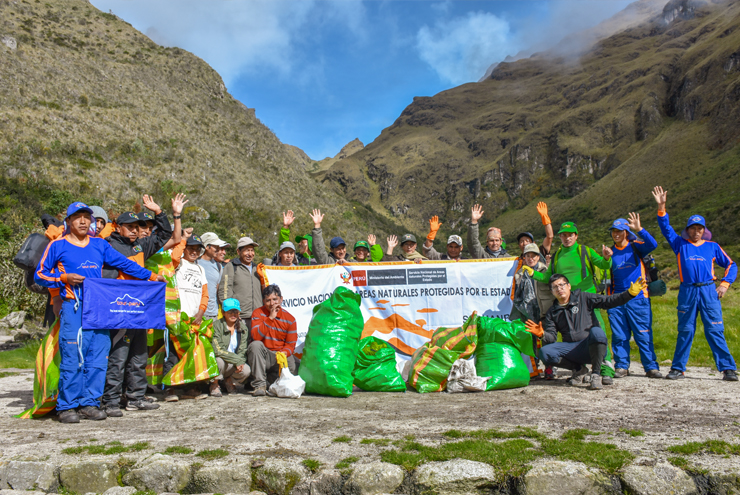
To raise awareness among internal and external collaborators linked to the company, towards the improvement of services through the implementation of environmental, economic-business, and sociocultural Good Practices that translate into benefits for all stakeholders, taking into consideration that they not only reduce operating costs and improve the image of the company but also of the destination, in addition to guaranteeing its sustainability and motivating the arrival of groups of tourists with greater spending capacity interested in benefiting communities and conserving the environment.




